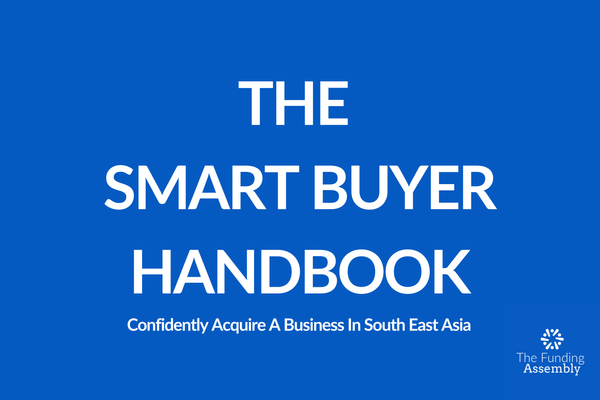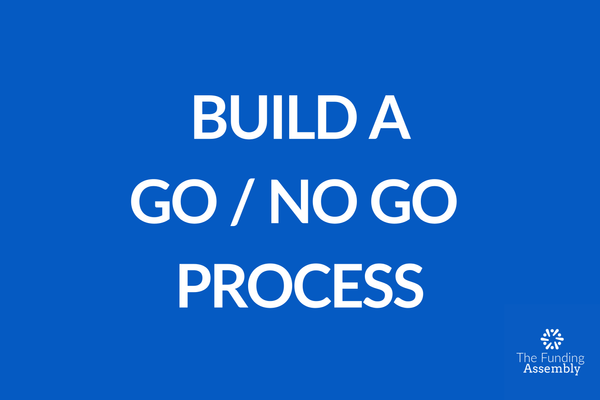Selling a business is a complex process requiring financial, legal, and strategic expertise. Many first-time sellers struggle most with understanding mergers and acquisitions (M&A) terminology. Misinterpreting key terms can weaken your negotiating position and lead to unfavorable deals. To make informed decisions and maximize your company's value, you must grasp these essential concepts.
M&A transactions involve intricate negotiations, contracts, and financial structures. Clear communication between buyers and sellers is crucial to prevent misunderstandings that could delay or derail the sale. When business owners understand industry terms, they're better equipped to discuss deal structures, evaluate offers, and navigate due diligence. This guide explains the most important M&A terms to help first-time sellers approach the process confidently.
Common M&A Terms Explained
- Letter of Intent (LOI) — A non-binding document outlining initial deal terms. It expresses the buyer's formal interest and creates a framework for negotiations. While not legally binding, an LOI typically includes the proposed purchase price, payment structure, and due diligence timeline. This document helps align expectations before detailed discussions begin.
- Due Diligence — The buyer's thorough review of a company's financial, operational, and legal aspects before finalizing the deal. This process identifies risks and verifies the seller's claims. Key areas include financial statements, tax records, legal obligations, supplier contracts, and intellectual property rights. Sellers should prepare by organizing accurate, accessible financial records.
- Valuation — A critical aspect of any M&A deal. Buyers and sellers use various methods to determine a company's worth. Common approaches include: the EBITDA multiple (based on earnings before interest, taxes, depreciation, and amortization); the discounted cash flow (DCF) method (calculating present value of expected future cash flows); and asset-based valuation (focusing on net asset value). The appropriate method depends on industry standards, company performance, and buyer expectations.
- Enterprise Value (EV) vs. Equity Value — Enterprise value represents total business worth, including debt and liabilities. Equity value is what remains for shareholders after deducting debts. This distinction matters in deal negotiations, as buyers typically focus on enterprise value while sellers care more about equity value.
- Earn-Out — A payment structure where part of the purchase price depends on future performance. Used when parties can't agree on valuation, the buyer makes an initial payment followed by additional amounts based on meeting specific performance targets. While earn-outs can bridge valuation gaps, they risk leaving sellers short if targets aren't met.
- Working Capital Adjustment — A purchase price adjustment based on closing-day short-term assets and liabilities. Buyers need sufficient working capital to maintain operations. If working capital falls below agreed levels at closing, sellers may face price reductions. Monitor receivables, inventory, and payables to avoid surprises.
- Indemnity Clause — A contract provision requiring sellers to compensate buyers for unexpected post-sale liabilities or damages. This protects buyers from undisclosed debts, legal issues, or tax problems. Time limits and monetary caps on indemnification are key negotiation points. Work with legal advisors to limit exposure while keeping the deal attractive.
- Non-Compete Agreement — Most buyers require sellers to sign agreements preventing them from competing for a specified period. This protects the buyer's investment by preventing immediate use of industry knowledge and customer relationships for competition. Terms specify duration, geographic scope, and restricted activities. Review carefully to ensure reasonable limitations.
- Stock Sale vs. Asset Sale — Buyers can either purchase company shares (stock sale) or specific assets (asset sale). Stock sales transfer all assets, liabilities, and obligations — ideal when preserving contracts, licenses, or brand value matters. Asset sales let buyers choose specific assets while avoiding unwanted liabilities, making them suitable for partial acquisitions or when legal risks exist.
- Closing Conditions — Requirements that must be met to finalize the deal. These typically include regulatory approvals, financial audits, third-party consents (from landlords or suppliers), and key employee contracts. Both parties must collaborate to satisfy these conditions for a smooth transaction. Delays can extend timelines or cause deals to collapse.
Why This Matters for Business Owners
The Funding Assembly helps business owners confidently navigate M&A transactions through clear understanding of key terminology and processes. When sellers grasp essential terms, they make better decisions, communicate effectively with buyers and advisors, and negotiate stronger deals. Knowledge gaps often cause delays, misunderstandings, or financial losses. Our expertise helps owners assess offers, identify risks, and work efficiently with professionals. We eliminate surprises and position sellers for successful outcomes.
Looking for expert guidance? Contact us at contact-us@thefundingassembly.com to find the right buyer for your business.
Learn key M&A terms to navigate business sales with confidence. Understand LOIs, due diligence, valuation methods, and deal structures to maximize your company's value.
Keywords: M&A terminology, mergers and acquisitions, business sale guide, first-time sellers, due diligence, valuation methods, enterprise value, stock sale vs. asset sale, working capital adjustment, non-compete agreement



